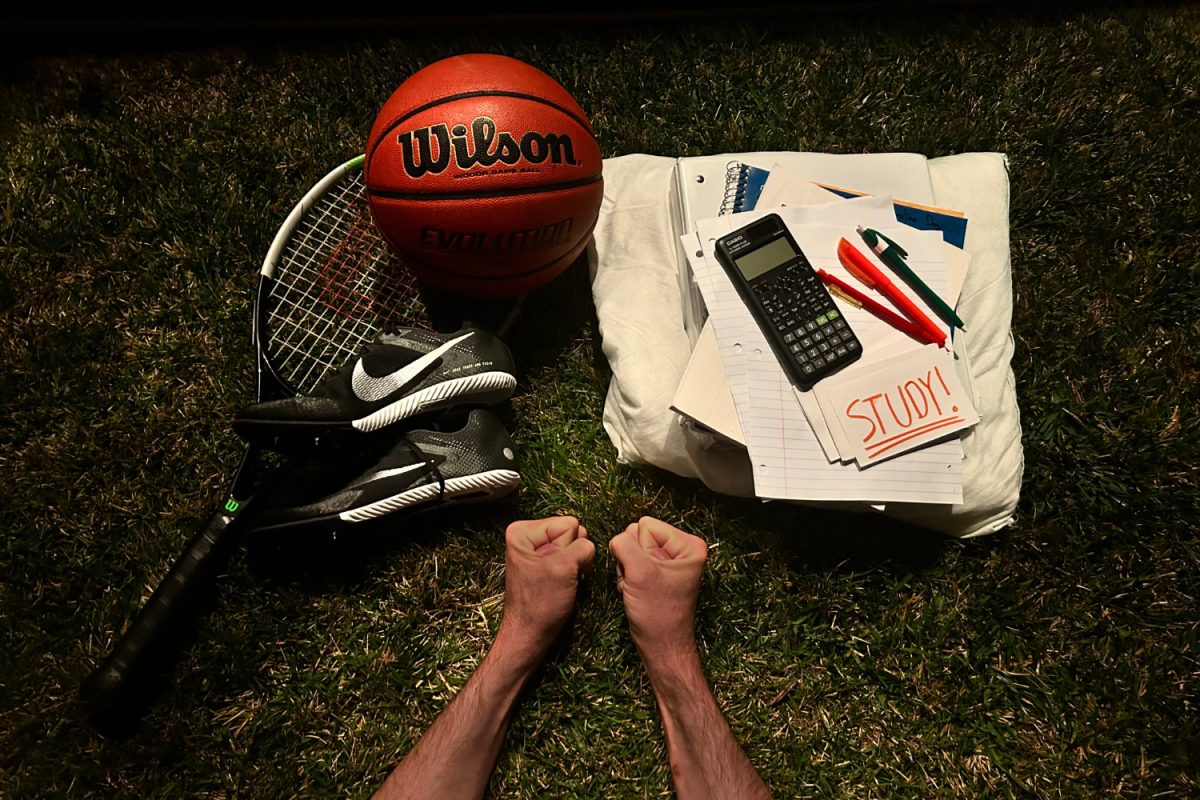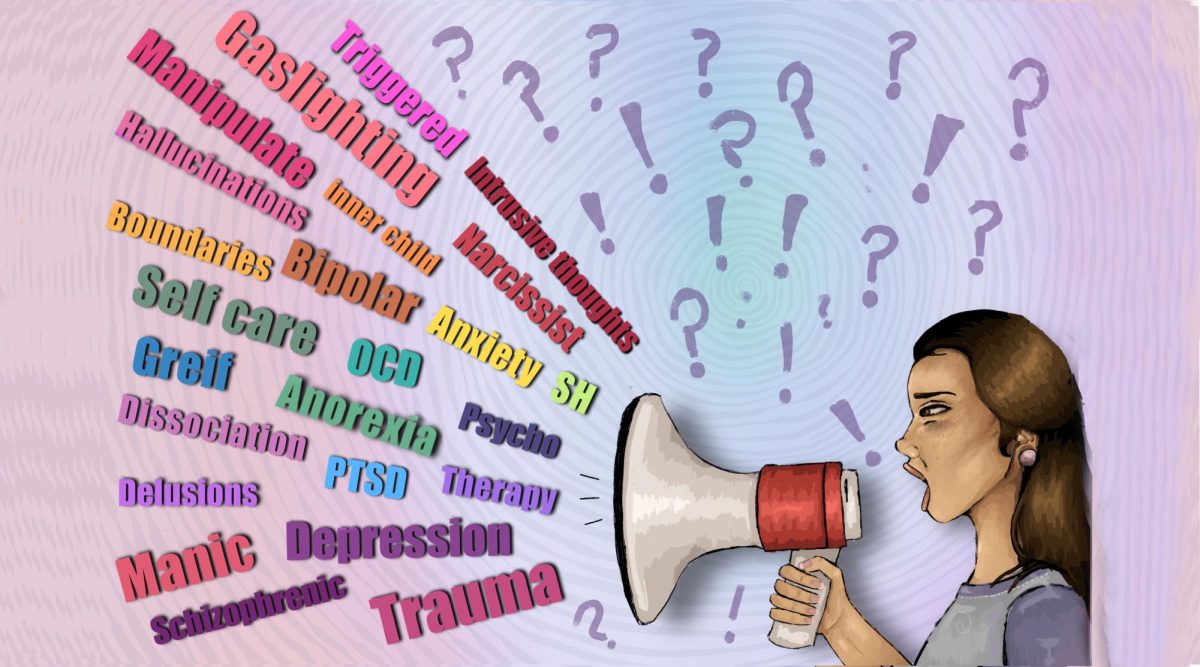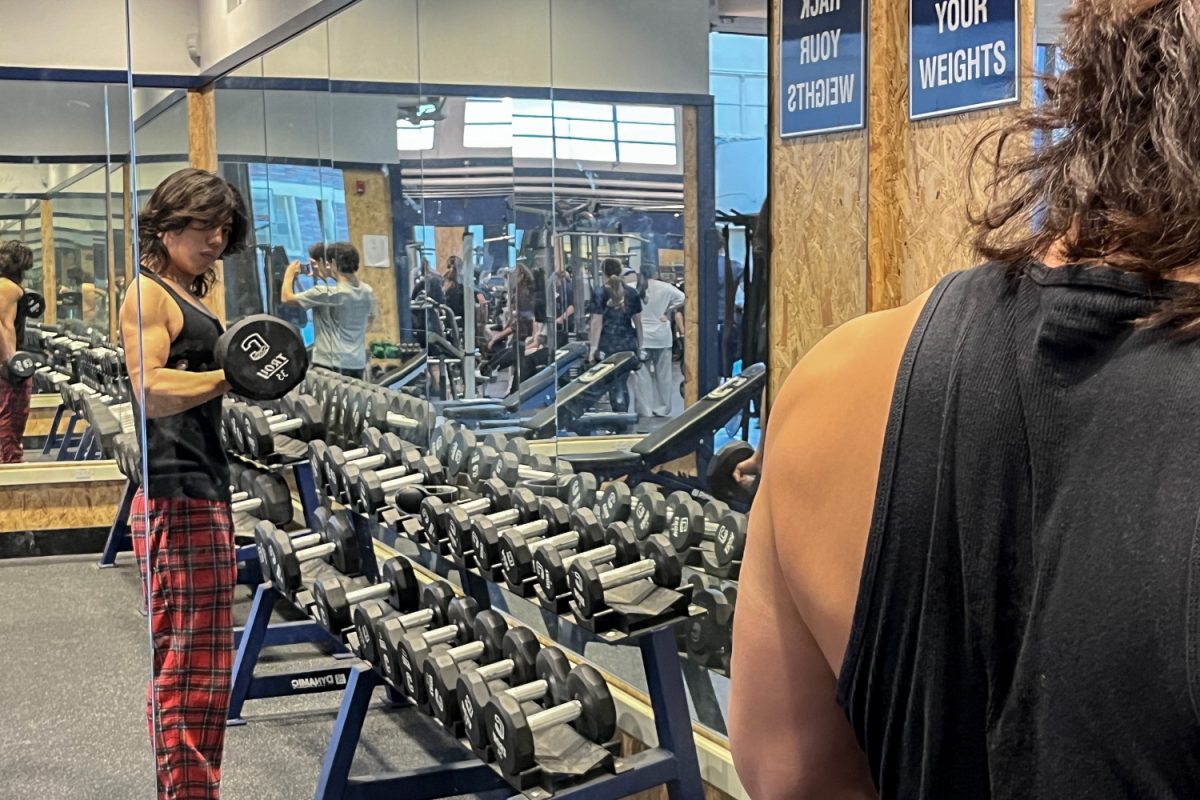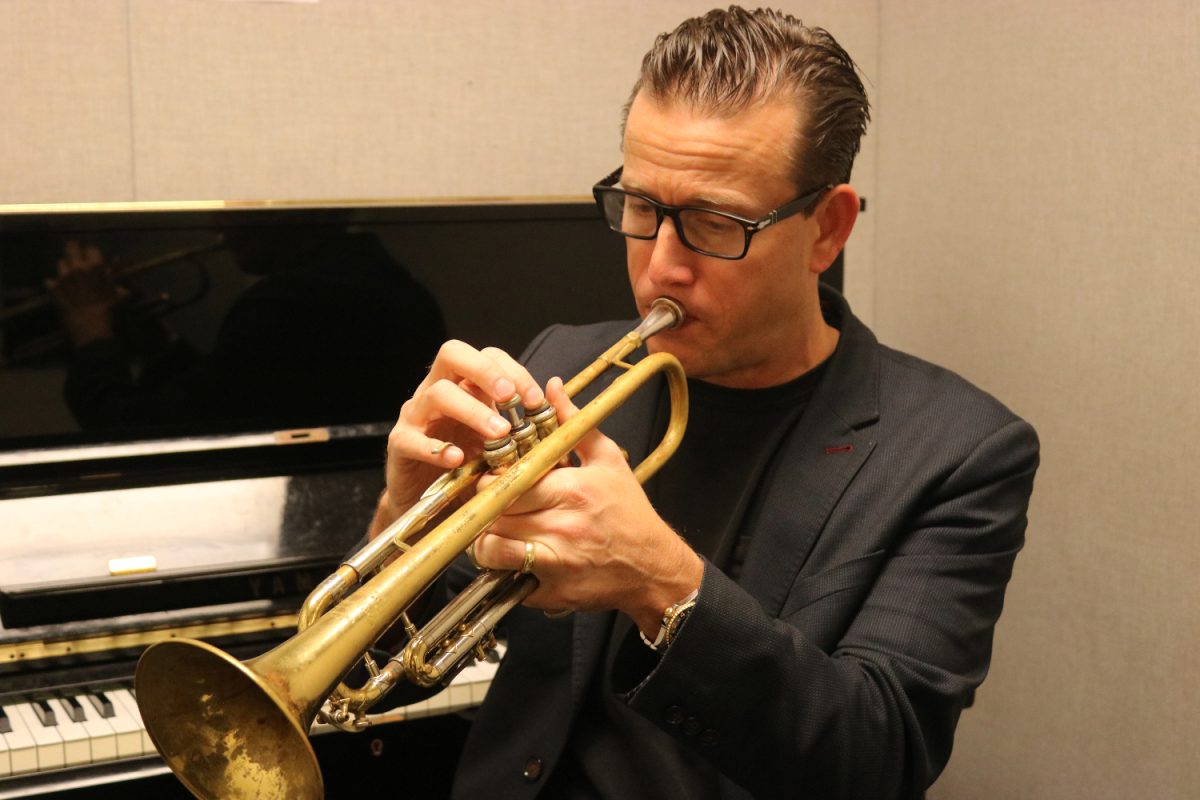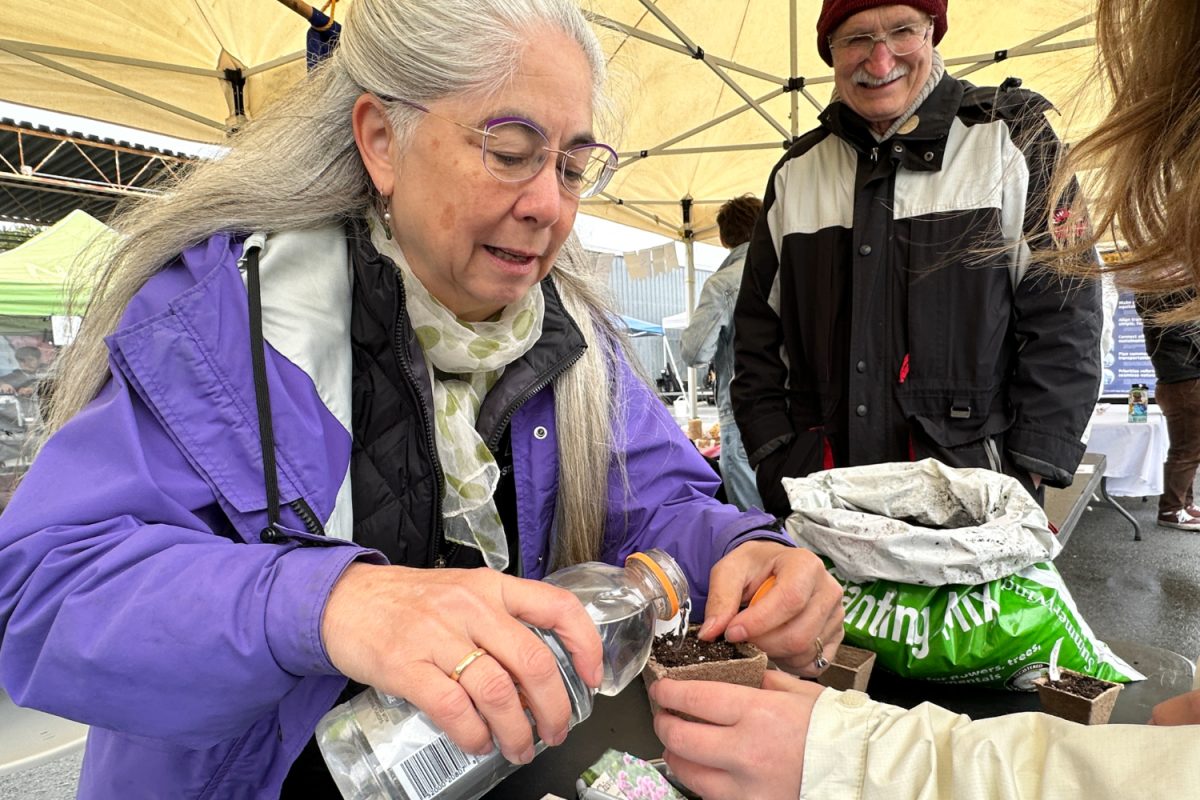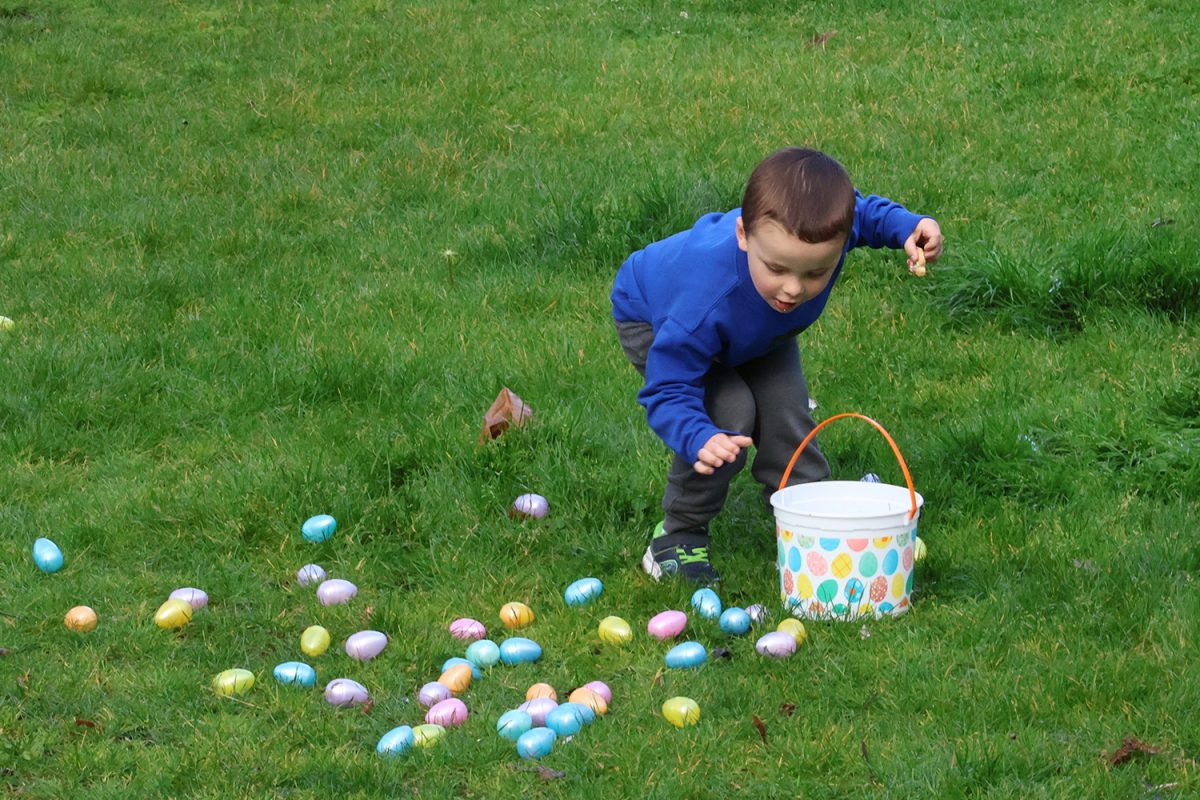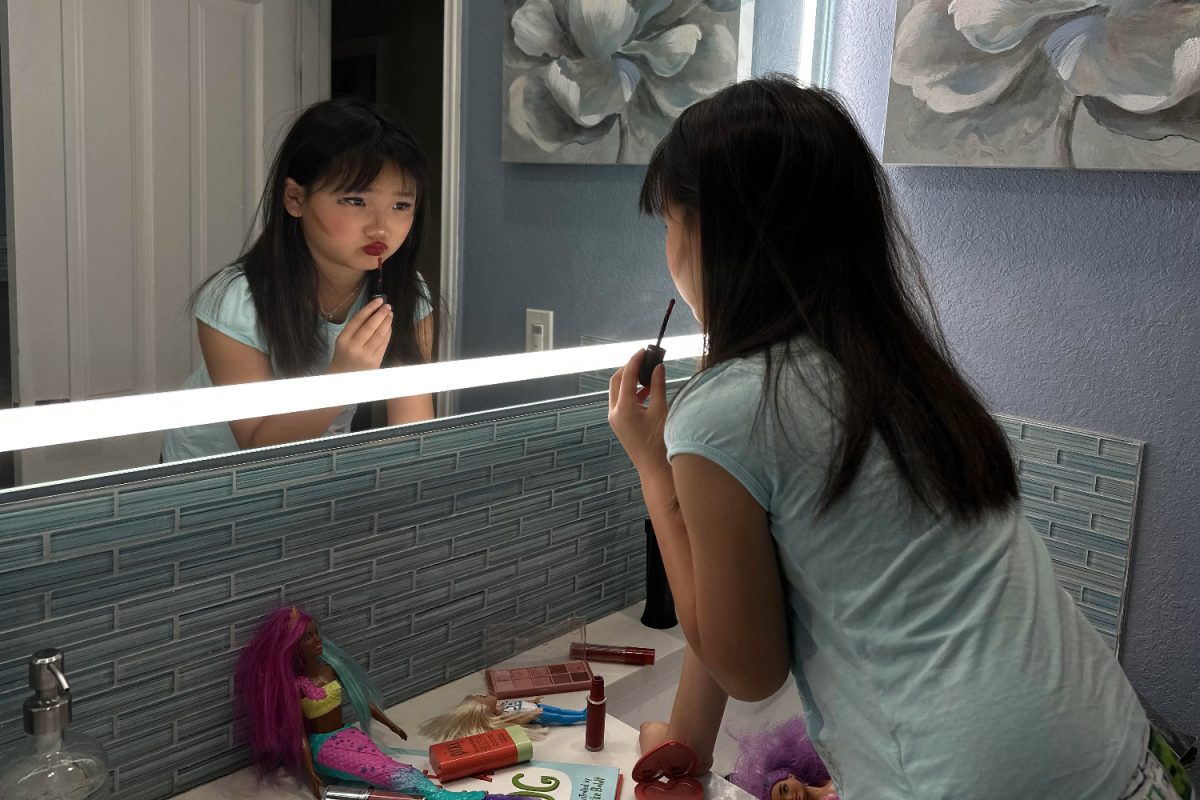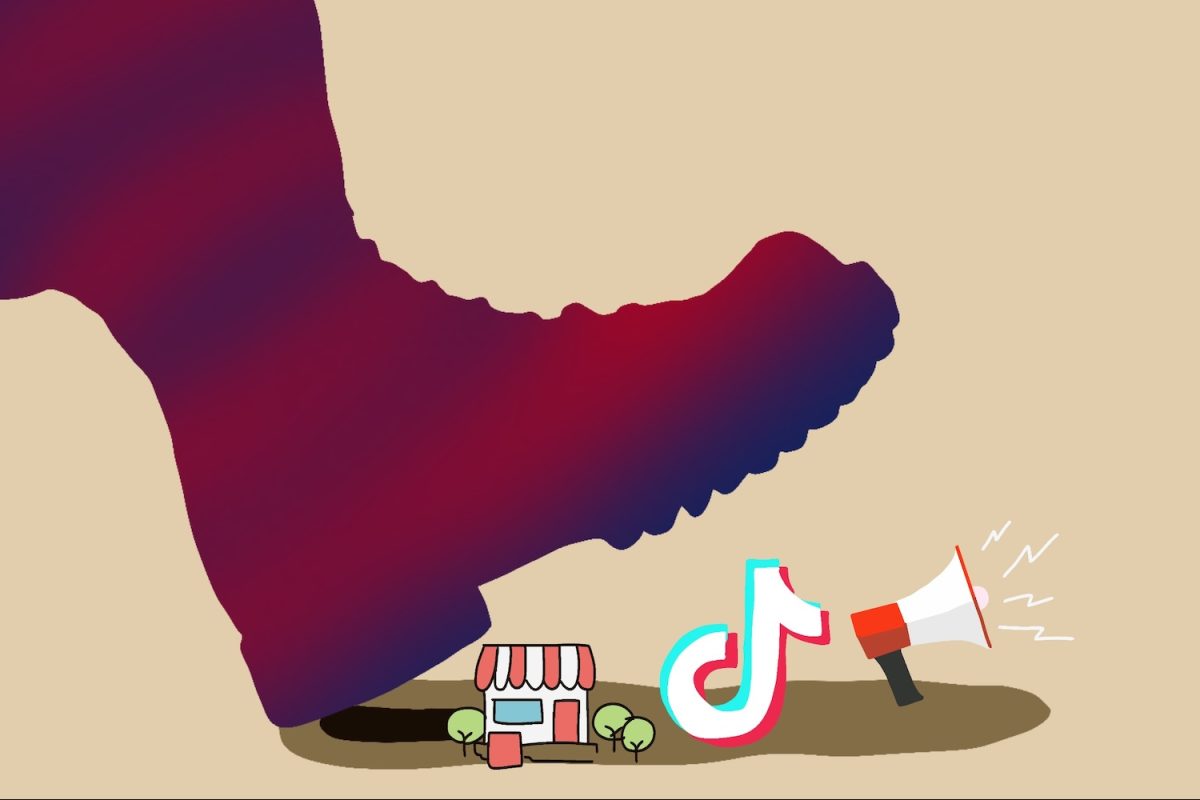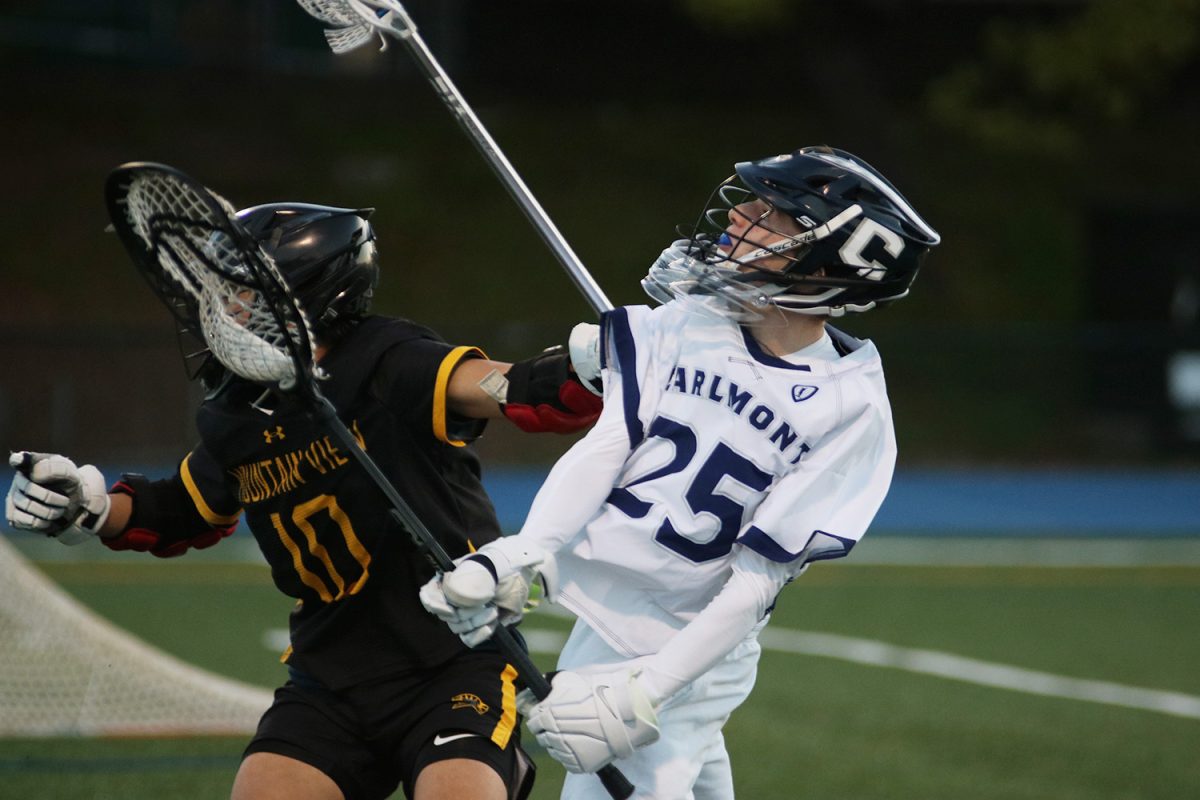
“Her hair is ugly.”
“He’s so overweight.”
“Ew, that shirt makes her stomach look weird.”
Harsh, right? For the average person, yes, but for a teenager, it’s normal.
Many teenagers are constantly worried about being judged. When getting dressed for school, they may stop to ask themselves, “What will people think of my outfit?”
In other words, teens care — a lot.
“Everyone is different and sensitive about different things. In literature, three issues are cited frequently. These include an elevated focus on peer-group relationships, sense of belonging, and acceptance,” said Matthew Stull, an adolescent therapist at ASC Treatment Center in Redwood City.
Teens are self-conscious for many reasons. Though it’s hard to name them all, two significant factors make them more vulnerable to low self-esteem than adults.
For one, teens’ developing brains are more susceptible to outside forces such as the internet, which gives bullying and social standards another outlet through which teens can be influenced.
I honestly think that every teen is self-conscious. Every teen cares about what someone else thinks of them. The way they show it is different, though
— Parina Patel, a sophomore at Menlo High School
A 2015 study performed by youth and technology expert Amanda Lenhart looked into the relationship between teens and technology. She found that seeing people post about their “better” lives as well as the amount of likes and comments — all which are out of the individual’s control — affects self-esteem a lot.
“Teens are insecure and worry too much about what others perceive of them, which triggers an unnecessary feeling of self-consciousness. That isn’t a good thing,” said Jack Vanoncini, a sophomore at Carlmont.
According to Stull, the established relationship between low self-esteem and internet addiction is enhanced when there is a preference for online interactions.
Social media does just that.
“Because of social media, teens have additional social pressures and are compared to others in a much more public manner. Bullying via social media is also very prevalent,” said Kimberly Breidel, a psychologist at Kaiser Permanente.
But, even if social media is eliminated from the equation, teens are biologically more self-conscious than usual.
The average human frontal lobe does not fully develop until the age of 25. The frontal lobe is the part of the brain responsible for social cognitive skills, controlling emotions, sexual behaviors, problem-solving, language, memory, and judgment. In a nutshell, it’s the head of one’s personality and gives each person the ability to express themselves.

“Developmentally, teens are individuating and becoming independent. With more developed cognitive awareness, they begin to form their ability to understand concepts such as empathy. Teens are facing pressure to perform academically to succeed in the future and are developing their own opinions that may clash with those of their surroundings,” Breidel said.
Adults think and process information with their frontal lobe, making their judgment more rational and thought out. However, teens take that information and put it through the amygdala. This part of the brain is the emotional part of the frontal lobe, which is why depression and anxiety, as well as other psychological problems, peak in the adolescent years.
Mix teen brain function with social media and high school culture, and you get a typical teen: self-conscious and insecure.
“I think judgment from other people affects teens the most. Most of us need validation, and if we get the opposite, then it hurts us the most,” said Parina Patel, a sophomore at Menlo High School.

Many factors can contribute to teens’ self-consciousness, including their relationship with their parents, their friendships, romantic relationships, and social pressures.
— Kimberly Breidel
It’s normal for someone to care about their surroundings, but too often, teens focus on the wrong things. Insecurity is a common symptom of illnesses like depression and anxiety.
“With the emerging sense of self and self-to-self relating (e.g. self-criticism) during adolescence, the shame that is experienced from the self-relating can be associated with depression, substance misuse, eating disorders, social anxiety, and psychosis,” Stull said.
Since over 75% of teens struggle with self-consciousness and insecurity, finding something to help seems to be the next logical step; however, it’s hard to find a solution that satisfies everyone. Each individual is different and unique in their own way, and what works for one person might not work for another.
Though there is no “cure,” there are ways one can cope.
“Teens have to start learning how to manage the feelings associated with caring rather than not caring so much by practicing coping skills and self-care, including sleeping and eating properly and exercising regularly. Coping skills are not just a one-shot deal either. It’s something that should be practiced mindfully in many different ways regularly,” Breidel said.
To begin, it may help to look at the main things that catalyze this feeling: social media and brain development.
No one can change society or its standards, nor can they stop people from posting about their dog’s third birthday party. However, teenagers can change the way they use social media apps.
For example, the popular social media platform, Instagram, removed like counts from posts in various countries in an attempt to reduce stress around having a lot of likes. Though the outcome has yet to be determined, changing the way people use social media can significantly benefit their well-being. Instead of making social media about competition, think of it as nothing more than a photo album or a place to store memories.
Unfortunately, there isn’t anything teens can do to make their frontal lobes develop faster. However, they can try a new mindset, find a new outlook on social situations, or even talk to a therapist, family, or friends. According to Stull, teens who show more self-compassion are more likely to have higher rates of self-esteem compared to teens who did not show as much self-compassion.
“Surround yourself with positive people, and flush the negativity away. Stop caring what other people think about you because it won’t matter when you graduate,” said Myles Allison, a junior at Carlmont.


